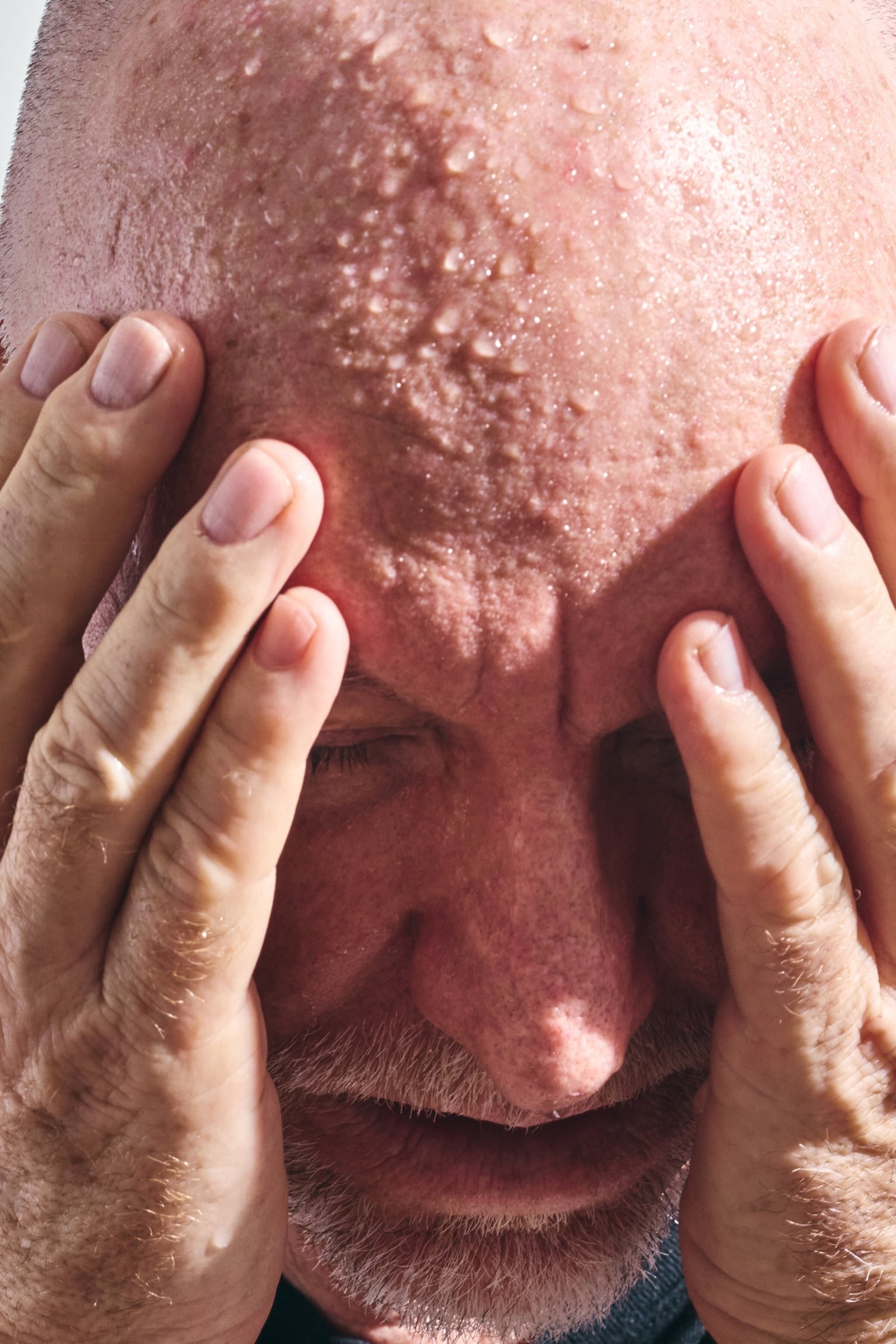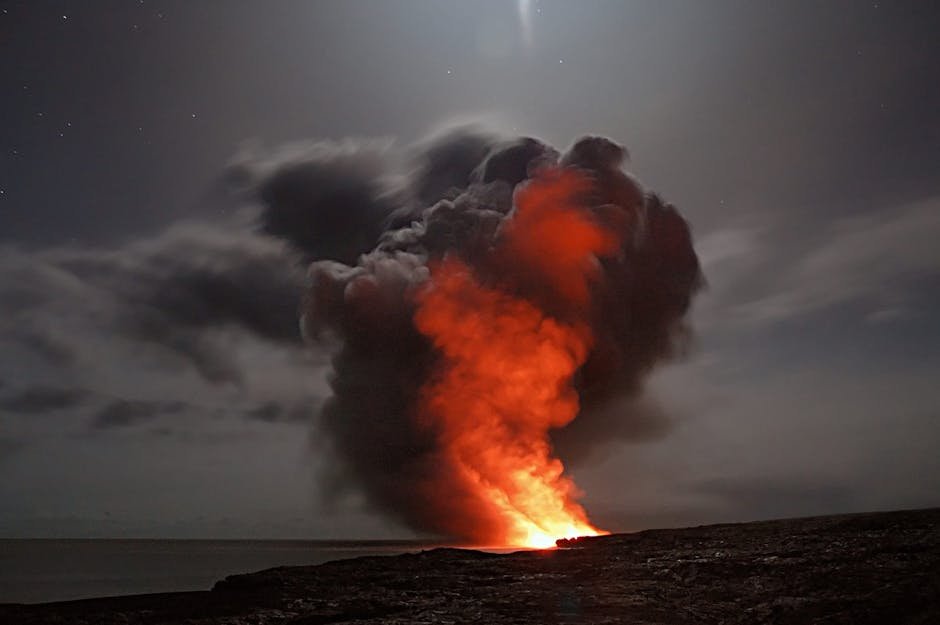If you live in cities like Phoenix, Houston, or Miami, where temperatures routinely climb above 90 degrees, you’re not just sweating through your clothes. You may also be aging faster than people in cooler climates. That’s the takeaway from a growing body of research that suggests long-term exposure to high heat can accelerate biological aging at the cellular level, sometimes in ways comparable to smoking or heavy drinking.
“Our study found that people living in areas of extreme heat had biological ages that were up to 14 months older than those living in much cooler regions,” says Eun Young Choi, a gerontologist at the USC Leonard Davis School of Gerontology and co-author of one of the newer studies. Even more striking, this effect held true even after accounting for income, lifestyle, and health conditions.
But extreme heat isn’t just a threat to longevity. It can also degrade quality of life and raise the risk of chronic disease as the body struggles to stay cool.
“Long-term exposure to extreme heat can affect multiple organ systems,” explains Amit Shah, a geriatrician at the Mayo Clinic. The cardiovascular system, for instance, must work harder to divert blood to the skin for heat release, forcing the heart to beat faster. The nervous system can become overstimulated, triggering symptoms like dizziness, confusion, and memory lapses. The kidneys strain to conserve water, increasing the risk of dehydration and kidney damage. And the immune system may flood the body with inflammatory chemicals, mimicking an infection response.
(What is a heat dome? How this phenomenon is reshaping summer as we know it.)
While such reactions are meant to protect us in short bursts, they become harmful when exposure is constant. “It’s like having a car engine that’s always running too hot,” says Adedapo Iluyomade, a preventive cardiologist at Miami Cardiac & Vascular Institute. “Eventually, the constant stress causes parts to break down faster than they should.”


Researchers found that heat-related aging effects persisted regardless of income, health, or habits—pointing to temperature itself as a key driver of cellular decline.
Photograph by Bryan Tarnowski, The New York Times/Redux (Top) (Left) and Photograph by Joyce Lee, The New York Times/Redux (Bottom) (Right)
How heat prematurely ages you
But the damage from heat isn’t limited to major organs. Scientists are now uncovering how high temperatures may be altering the way our genes function. Chronic heat acts as a biological stressor, triggering inflammation, oxidative damage, and hormonal disruption. “Over time, these repeated stress responses can change how your genes behave,” says Iluyomade. “So, instead of only helping the body adapt as needed, chronic heat can wear down key systems and accelerate age-related decline.”

Countless Adventures for Curious Familes
Limited Time: Bonus Issue Offer
Subscribe now and gift up to 4 bonus issues—starting at $34/year.
This happens, in part, through a process known as epigenetic aging—a form of internal aging that can outpace your chronological age.
(Here’s what extreme heat does to the body.)
The 2025 Science Advances study co-authored by Choi examines how extreme heat affects older adults using a tool called an epigenetic clock, which estimates biological age based on DNA methylation—chemical “tags” that regulate gene activity. Such “epigenetic changes can persist long after an environmental stressor, like extreme heat, has ended,” Choi explains. “In some cases, the body ‘remembers’ the stress in a way that is unhelpful—or even harmful—later in life.”
You May Also Like
Put another way, “when your body experiences stress in small doses, it usually adapts and builds resilience,” says Tochi Iroku-Malize, chair of family medicine and a hospice and palliative care specialist at Northwell Health in New York. “But with chronic or extreme stress such as that caused by repeated heat exposure, that memory can become maladaptive.”
And this maladaptive epigenetic memory isn’t just theoretical. “We found widespread and long-lasting alterations in DNA methylation, particularly in genes related to inflammation, metabolism, immune function, and cellular repair,” Choi says. “Over time, this can disrupt how the body responds to future challenges like infections, cardiovascular strain—or normal aging processes.”
A study in Environment International reached similar conclusions after analyzing the blood of more than 900 adults. “People exposed to higher average temperatures over months and years had blood cells that looked biologically older,” says Wenli Ni, a co-author of that study and an environmental epidemiologist at Harvard T.H. Chan School of Public Health. “It tells doctors in warmer areas they may need to look beyond just heatstroke and dehydration because living in the heat could gradually increase risks for age-related problems.”
Still, important caveats remain. “While these studies are compelling, they’re observational,” Iluyomade notes. “We can’t definitively prove that heat causes these changes—only that there’s a strong association.” Measuring individual-level exposure is also challenging, as individuals who spend most of their time in air conditioning in a hot climate may face fewer risks than those spending more time outdoors in less-hot areas. “We also don’t yet know how quickly these adverse effects accumulate—or whether they can be reversed,” adds Choi.
Not everyone is equally vulnerable, either. “People who have lived in hot, dry regions for generations often develop physiological adaptations—like more efficient sweating and better blood flow regulation,” Choi says. But even in well-adapted communities, rates of dementia and cardiovascular deaths spike during heat waves, suggesting that adaptation has limits.
Can heat-related premature aging be avoided?
The good news is that the harmful effects of heat aren’t inevitable. While some exposure is unavoidable if you’re living in especially hot climates, many of the adverse biological impacts of heat can be reduced through behavioral and environmental strategies. “Air conditioning isn’t a luxury in extreme heat climates—it’s a health necessity, especially for adults over 50,” says Iluyomade. “Even cooling one room can provide significant protection.”
Timing your exposure is also key. “Avoid being outdoors between 10 AM and 4 PM,” advises Ni. “Find shade, wear hats, and give your body a break from the oven outdoors.” Staying hydrated is equally important. “By the time you feel thirsty during heat exposure, you’re already behind,” Iluyomade warns.
For the most vulnerable—older adults, children, and people with chronic conditions—community support plays a critical role. “One of the best protective factors around heat exposure that we have observed from public health is the reliance on social networks,” says Amruta Nori-Sarma, deputy director at the Center for Climate, Health, and the Global Environment at Harvard Medical School. “Neighbors keeping an eye on folks who are vulnerable and making sure that loved ones have the resources they need to stay protected from heat exposure.”
(Extreme heat is the future. Here are 10 practical ways to manage it.)
Urban design is also essential. “Even small changes—like adding shaded seating at bus stops or planting more trees—can have a big impact,” says Choi. “Every patch of green cools things down and helps everyone stay healthier,” echoes Ni.
Ultimately, it’s not just about staying comfortable—it’s about safeguarding long-term health in a warming world. “While we’re learning that heat may quietly accelerate aging at the molecular level, that doesn’t mean the outcome is fixed,” Choi emphasizes. “With smarter planning, stronger social networks, and daily habits that prioritize cooling and hydration, we can help everyone stay resilient—even as global temperatures continue to rise.”


